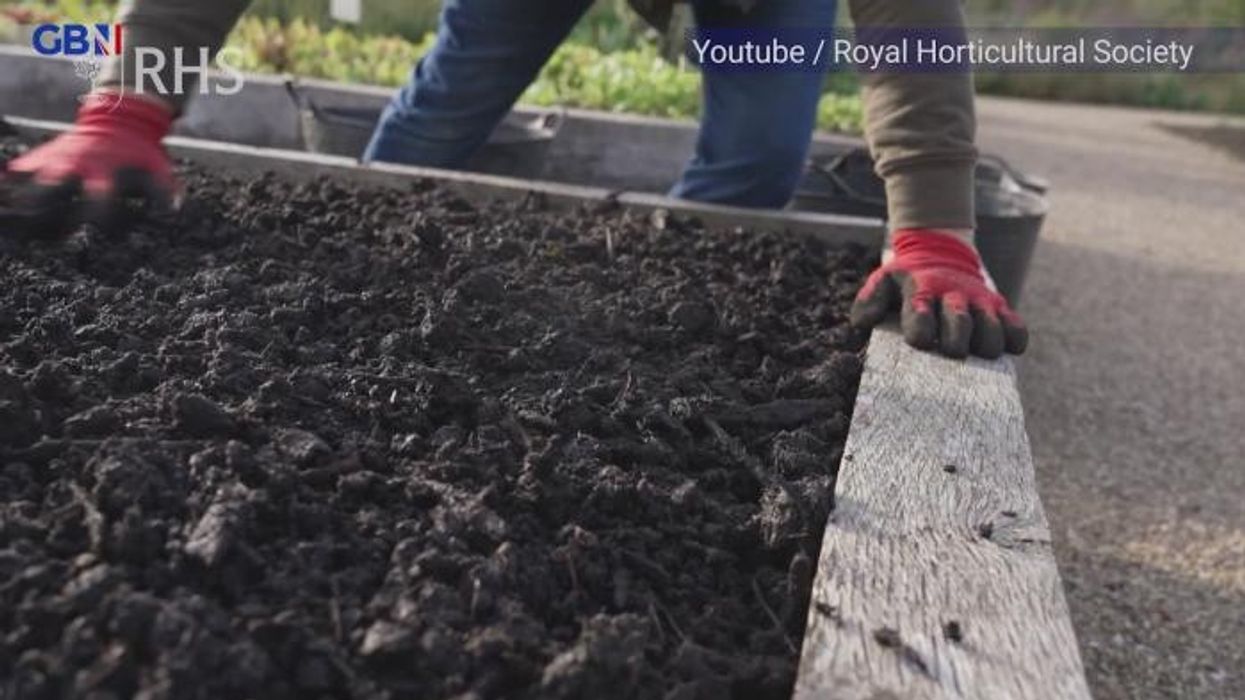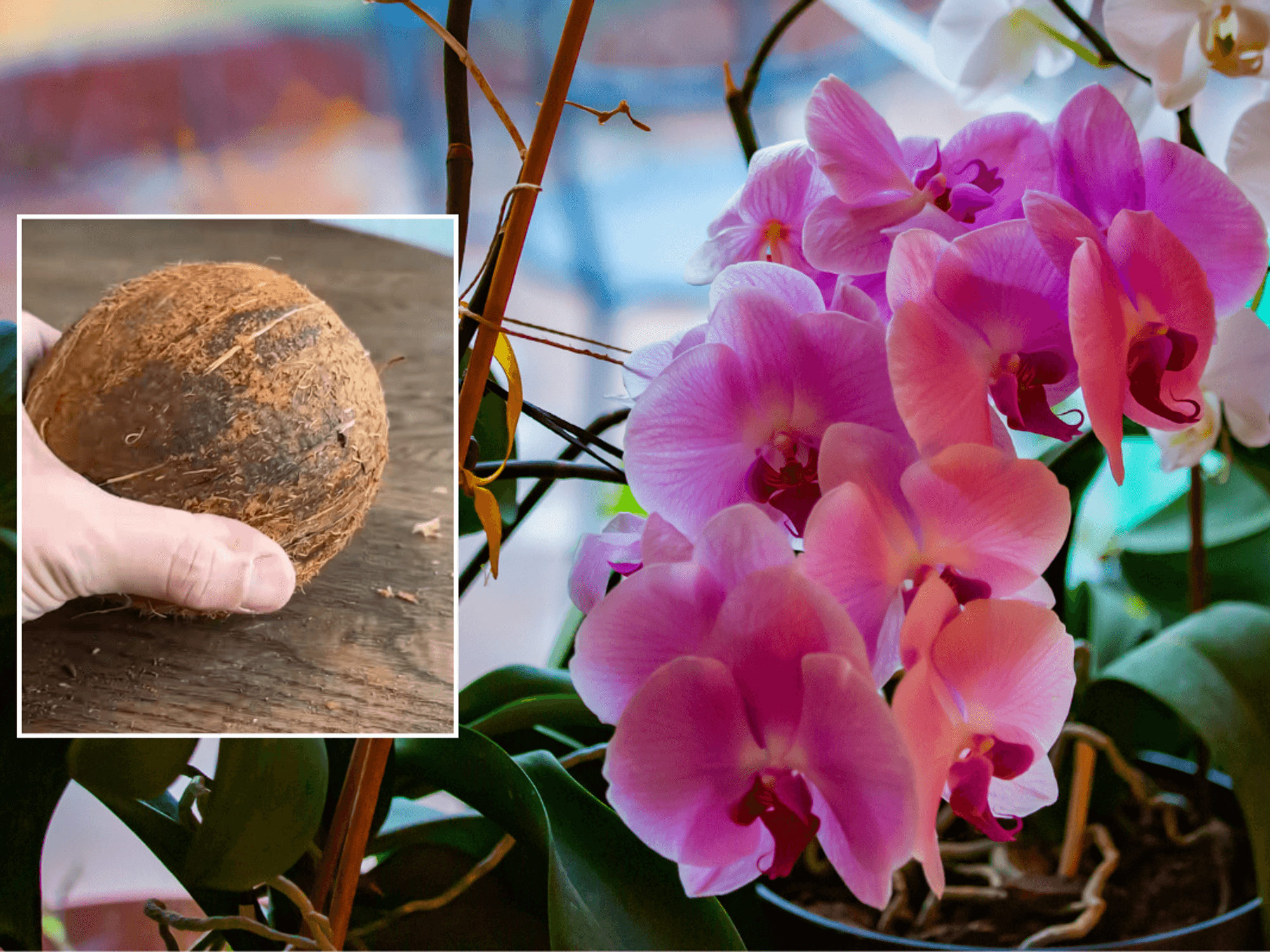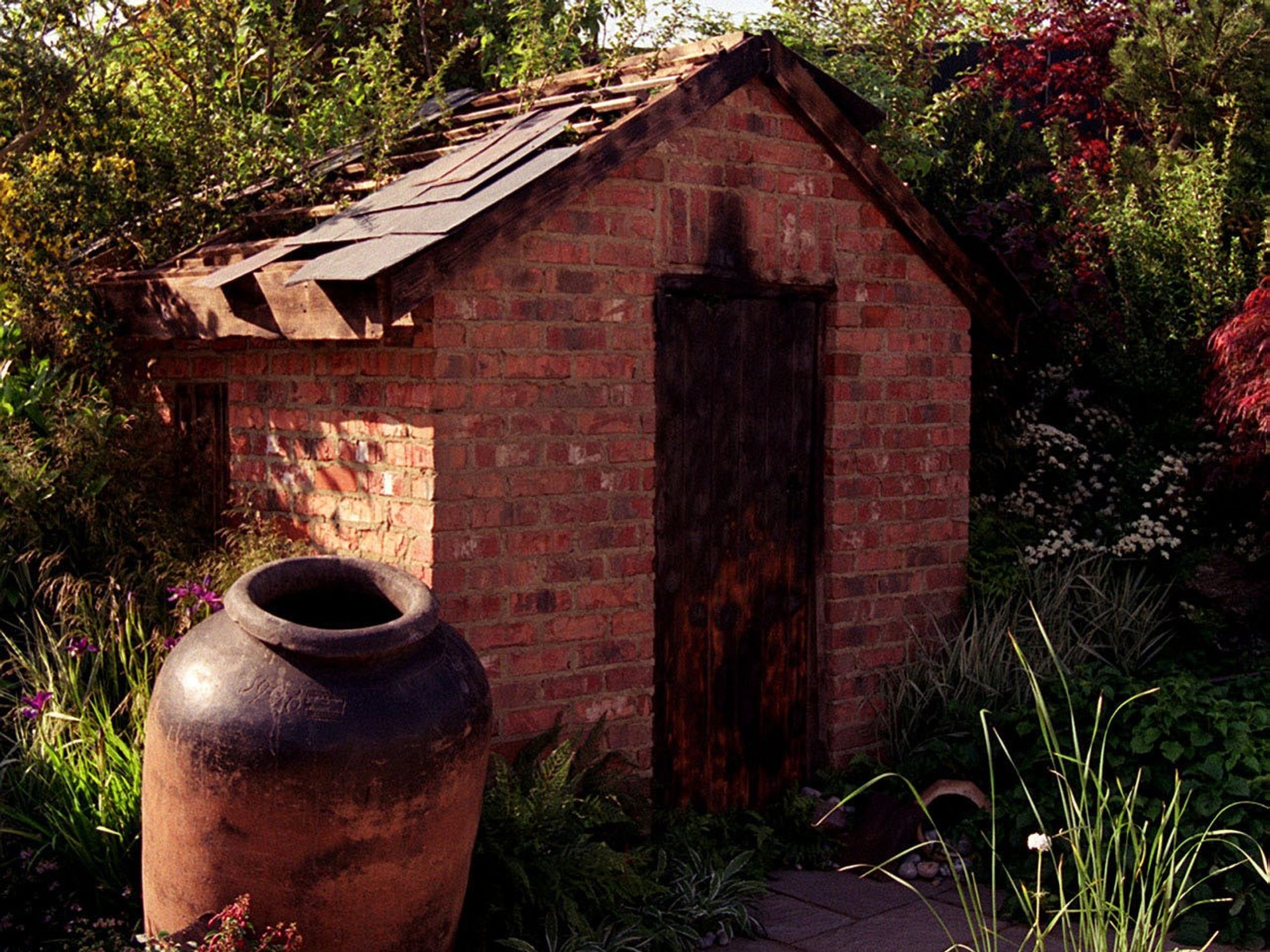Britons warned of common gardening mistake that causes plant stress and burnt roots - 'Hold off!'
No good deed goes unpunished when it comes to feeding your plants during the hot season, a horticulturalist cautioned
Don't Miss
Most Read
Latest
During the summer, it’s easier to expect that tending to your plants more often will more likely culminate in an abundance of leafy, thriving plants.
However, that’s not always the case, according to one gardening expert. In fact, it is certainly plausible that excessive care taking could actually end in disaster.
Green thumb and avid horticulturalist Hamid Ali shared that feeding plants during the hottest part of the summer “might seem like a good idea” to give your plants an extra boost during the dry season.
But, in reality, “it can cause stress and ‘burn’ the roots”, he warned.
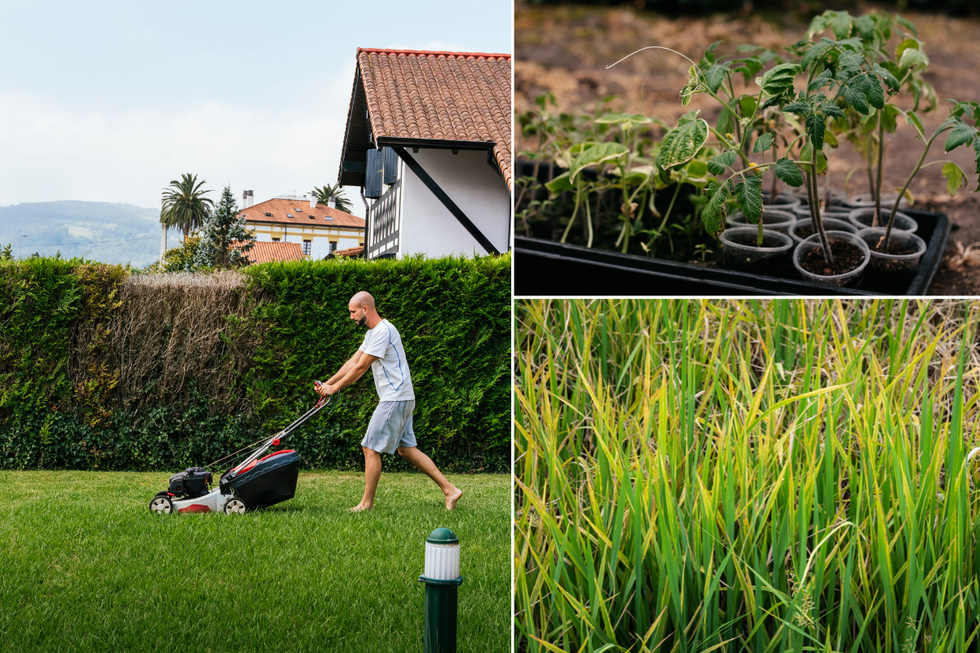
Caring too much for your garden might result in dire consequences
|GETTY
Fertiliser burn is a common issue throughout the summer when green-fingered enthusiasts wish to put a little bit of love and care into their prized plants.
Generally, it can be caused by the high concentration of nitrogen and various salts that might be present in the fertiliser, resulting in a low osmotic pressure, which then harms the plant.
Consequently, you risk damaging your plant’s roots, as well as exacerbating the chances of leaf discolouration.
LATEST GARDENING TIPS AND TRICKS
Instead, Hamid advised: “Avoid feeding plants during extreme heat. Most plants go into survival mode, not growth mode, during a heatwave.
“Hold off until temperatures cool down, then feed with a balanced fertiliser to aid recovery,” he urged, revealing that no good deed goes unpunished when it comes to feeding your plants.
Additionally, Hamid shared other tips, warning against common mistakes that can be easily made when trying to do your best to look after your thriving garden in the summer heat.
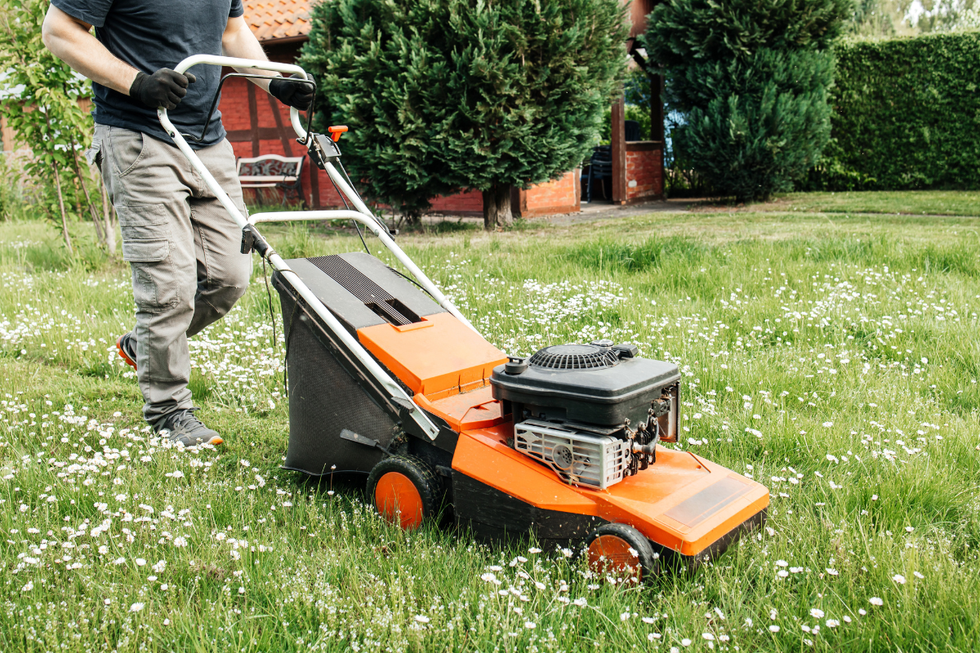
Be careful not to mow the lawn too short during the summer
|GETTY
For instance, Britons have been told to avoid mowing the lawn too short, since longer grass is able to retain moisture better and is, overall, more capable of handling the soaring temperatures.
With a standard lawn, it is suggested to mow your garden once a week on average and, during periods of drought, it is best to decrease the frequency to about once a fortnight, the RHS suggests.
Meanwhile, lawns booming with plants and flowers can be mown every four to six weeks, the experts recommend.


